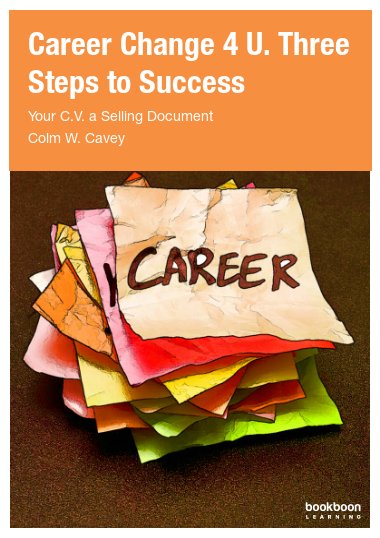No one ever sits down on a lazy Sunday afternoon and thinks ‘Oh I must write up a good C.V., yes that will be fun’. No, that never, ever happens, C.V.’s only get written at short notice such as the day you were made redundant or fired or the day the Receiver arrived at your workplace. Then its ‘quick I need a pencil and paper, got to do my C.V. quick. I saw an advert in the paper today, the pay’s good, something about Quantum Physics, sure I’ll give it a go anyway, didn’t I do Physics in school.’ and so the C.V. is completed during the tea break and is mailed off an hour later. Laugh not, it happens all the time.
C.V.’s only get written in a hurry with information dragged together in no order, all of which is akin to going on a pheasant shoot with a semi-automatic machine gun. You will hit everything in the sky except the pheasant. Most C.V.’s are written in about one hour on average. Anything done in such haste is suspect at the best of times.
There is no secret to a good C.V. is just requires careful thinking and systematic recall of what you have done in your career, what’s of interest and then how well you document your achievements, your past experience and skills. Document that little lot, simply, concisely and professionally and you will have a good C.V.
This book takes you through the whole process. Every step, every topic is examined, recommendations given and examples are displayed in a step by step fashion, all in a well tried and tested sequence used by many PCC clients in the past, and mostly commended for their style and professionalism.
Line by line you will learn how to recall and identify the key information that you want to write but more what the employer wants to read. See how to format text in interesting ways, the layouts and make the C.V. a compelling read.
Follow the instructions, take your time and you will be the owner of a professional marketing document which will be your Curriculum Vitae. Don’t rush it and get it right. Then you will have a C.V. for life. After that it will only need a small top-up now and again to keep it up to date.

